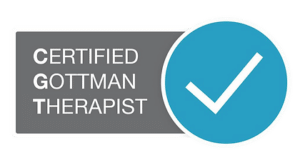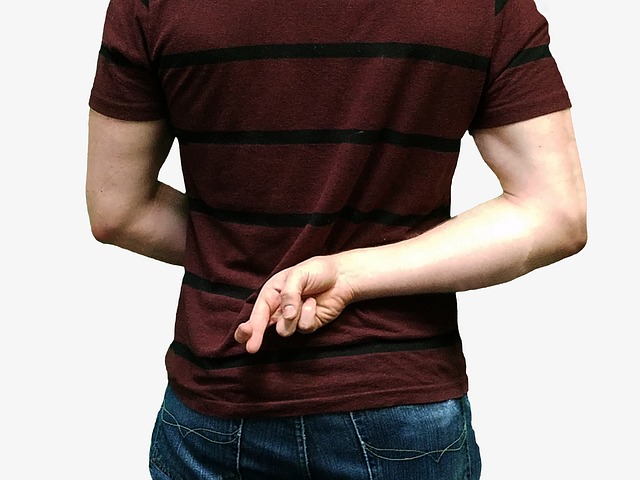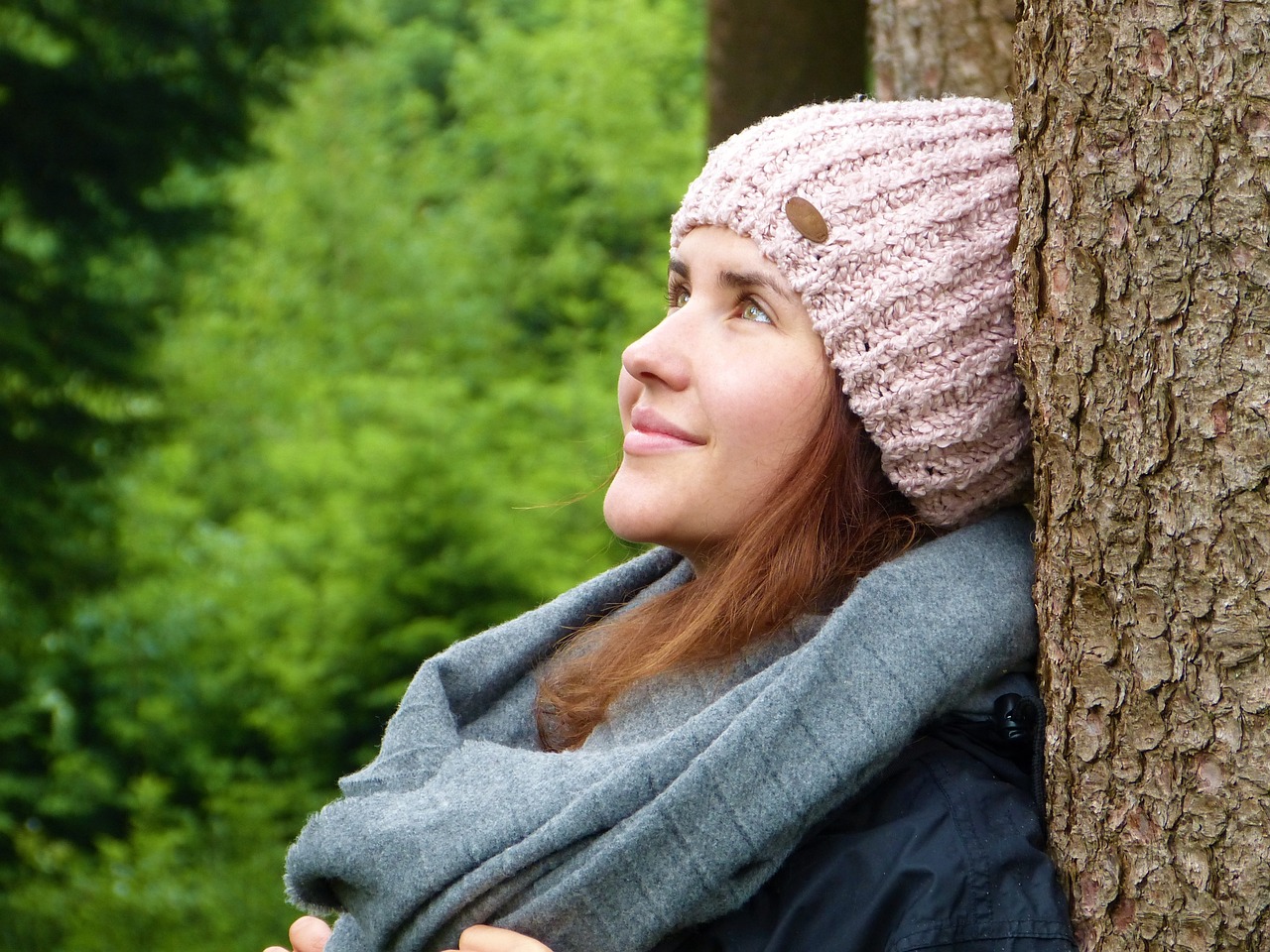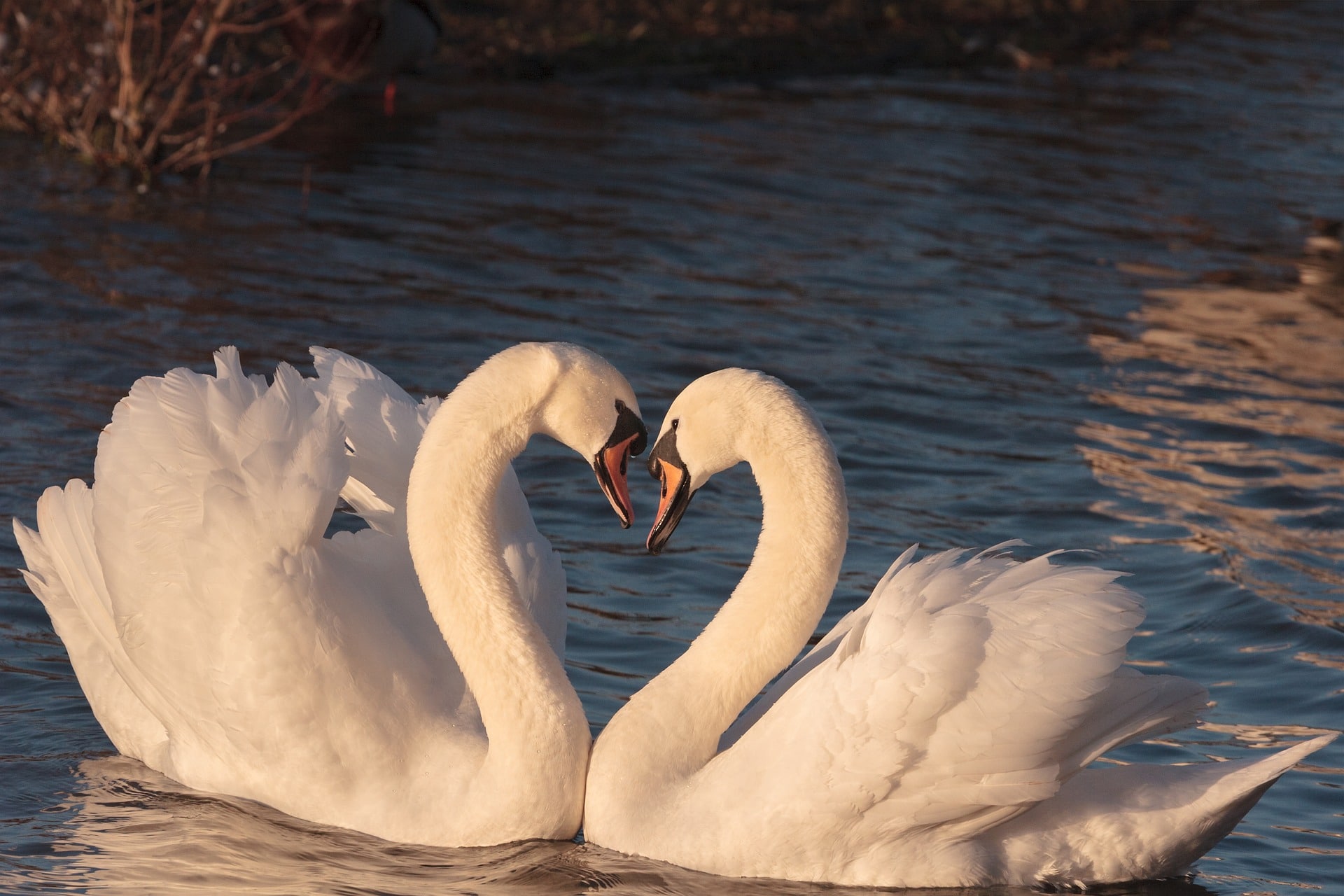
Relationship counselling

Relationship counselling
Relationship/couples/marriage counselling
The average couple waits six years before seeking help from a couples counsellor, according to research by US clinical psychologist John Gottman.
By this stage, the couple are generally in crisis mode, often shown by a frustrating, never ending sense of gridlock over perpetual, entrenched issues – which don’t seem to go anywhere when they are discussed.
So it makes sense that when your relationship is vulnerable, that you choose a couples counsellor that uses evidenced-based techniques to help you and your partner tackle the difficulties you are experiencing.
Couples should always be assessed for suitability for relationship counselling first, it is an ethical requirement to ensure both parties are safe from emotional or physical abuse.
40 years of research
Fortunately, the Gottman approach is solidly research-backed, as John Gottman has completed over 40 years of study into the complexities of couple relationships.
The Gottman approach to couples counselling includes an assessment which looks at the relationship in terms of friendship, intimacy, how well each knows their partner, how emotions and conflict are managed, values and goals, and individual life meaning.
Other areas covered in the assessment include parenting, housework, finances and trust issues.
As the therapist works from this structured approach, it contains the therapy in a safe and boundaried way, something which is often needed and can be reassuring when stressed couples first get in touch.
Psychoeducation
The approach leans heavily on psychoeducation, meaning that the couple learn more effective communication skills quickly and efficiently, and if there are children at home, they will undoubtedly benefit too.
Most people engage quickly with the practical nature of the Gottman techniques, such as how to manage ‘flooding’ (a flight/fight mode where your heart rate gets up to 100 beats per minute), which if unheeded, leads to erratic communication and the slippery slope of emotional disengagement.
The four horsemen
When it has gotten to this stage, the couple is likely to engage in a variety of destructive communication styles such as criticism, contempt, defensiveness and stonewalling – otherwise known as the four horsemen. According to Gottman, contempt is the single greatest predictor of divorce or relationship breakdown.
Fortunately, antidotes to these patterns can be learned by the couple, allowing more healthy and productive communication to occur.
Good results
In my experience as a Certified Gottman Couples therapist, partners often discuss being relieved to discover more about why they behave the way they do in their relationship; become more aware of their triggers and are then more able to make positive changes. Most people repeat patterns in their relationships, so it makes sense to address what is getting in the way of you having the best relationship possible.
Some tips:
- Make sure you choose a counsellor or psychotherapist who has specialised training in relationship counselling; couples counselling is not regulated in Australia.
- Ask them about which approach they use and why – and check that it resonates with you.
- Make sure both parties feel like they connect with the counsellor.
- If you have had individual counselling previously, couples counselling is different. Be prepared for this, as the relationship is the ‘client’.
- If the couples counsellor feels you need more support than can be offered within the couples sessions, it may be suggested that you seek individual therapy also. The counsellor should be transparent with you around this.
- If you are attending online, please ensure you are both using the same screen.
Some clients attend together, for example couple counselling, and some clients attend on their own – in which case I practise relationship-sensitive individual therapy.
What is the process for relationship counselling?
-
Step 1 The couple completes a thorough relationship questionnaire (online, at home), which allows me to assess the strengths and challenges of the relationship. (both parties complete this independently and their answers are privately submitted. It takes roughly 1-2 hours to complete and you can dip in and dip out of it).
-
Step 2 After assessing that couples counselling is the appropriate and most helpful option at this time, we proceed with a joint session. (both parties attend)
-
Step 3 Each partner then attends for a one hour individual session so I can learn about them independently.
-
Step 4 A joint session occurs where the results of the questionnaire are discussed, and we begin to discuss helpful strategies to improve the relationship.
- Step 5 Subsequent joint sessions focus on triggers, strategies, interventions and coping tools specific to the couple. All sessions usually occur weekly or fortnightly.
Reference: www.gottman.com
From the blog:


When you’re bogged down with relationship anxiety…

Moving on after infidelity

The one thing that helps couples function better

What comes after a toxic relationship

What’s left after the empty nest?

Not keen on the ex but you still need to co-parent?

The communication styles that destroy relationships…

Do you know how to argue?

It’s over….now what?

Can I do relationship counselling on my own?

FIFO relationships – the good, the bad and the ugly

Improve your relationship with this simple quiz

